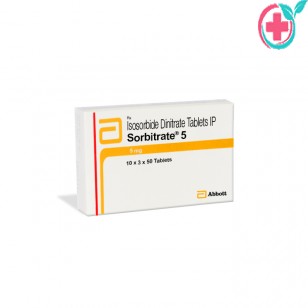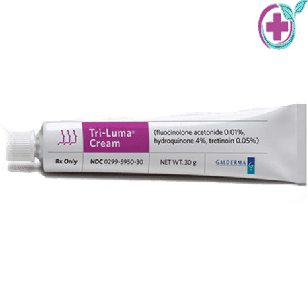Sorbitrate Managing Angina and Promoting Heart Health
A common treatment for angina, a condition defined by chest pain or discomfort brought on by insufficient blood flow to the heart, is sorbitrate, commonly known as isosorbide dinitrate. We will go into the specifics of Sorbitrate in this article, looking at its mechanism of action, dosage, possible side effects, and crucial factors to take into account for those taking this drug to enhance their heart health and general well being.
The Mechanism of Sorbitrate
A nitrate drug known as Sorbitrate Tablet (Isosorbide Dinitrate) improves blood flow to the heart by relaxing and expanding blood vessels. This lessens the strain on the heart and alleviates angina symptoms including chest discomfort, tightness, and shortness of breath. By improving blood flow and oxygen delivery to the cardiac muscles, this mode of action reduces angina patients' suffering while they go about their everyday lives and contributes to heart health maintenance.
Managing Angina with Sorbitrate
Sorbitrate has many advantages for treating angina symptoms. It helps prevent and relieve chest pain episodes by effectively dilating blood vessels, allowing people to go about their regular activities without being interrupted. Exercise capacity can be improved with Sorbitrate Tablet (Isosorbide Dinitrate), enabling people to participate in physical activities with less angina symptoms. Additionally, it promotes general heart health and well-being by enhancing blood flow to the heart and lowering the risk of problems linked to angina, such as heart attack or unstable angina.
Proper Usage and Dosage
Depending on the degree of angina and the patient's reaction to treatment, different Sorbitrate (isosorbide dinitrate) dosages may be used. Usually, it is administered orally as a pill or sublingually (under the tongue). Depending on how frequently a healthcare provider prescribes it, the dosage frequency might range from once per day to several times per day. To guarantee the best results and reduce the danger of side effects, it is crucial to follow the dosage and instructions that have been recommended.
Potential Side Effects and Precautions
Sorbitrate is often tolerated well, but it could have unwanted consequences. Headaches, lightheadedness, flushing, and low blood pressure are typical adverse effects. These side effects typically pass quickly when the body becomes used to the medicine. However, it is imperative to alert a healthcare professional if any alarming or enduring adverse effects manifest. To ensure Sorbitrate is used safely and effectively, it is also critical to discuss any per-existing medical conditions, current medications, and allergies with a healthcare provider before beginning treatment.
Important Considerations for Sorbitrate Use
People should let their doctor know about any heart issues, liver, renal, or recent heart attacks in their medical history before starting Sorbitrate tablets. To prevent potential interactions, they should also disclose any prescriptions, including over-the-counter medicines and herbal supplements. In order to track the success of Sorbitrate tablets and modify the treatment plan as necessary, it is crucial to follow up with regular consultations. For advice on how to use Sorbitrate tablets, pregnant or nursing women should speak with their doctor.
Conclusion
Sorbitrate, a frequently given drug for the treatment of angina, is essential for reducing chest discomfort, enhancing blood flow to the heart, and enhancing general heart function. People can successfully control their angina symptoms and promote the health of their hearts by understanding its mechanism of action, optimal usage, potential side effects, and required precautions.




Comments
Post a Comment